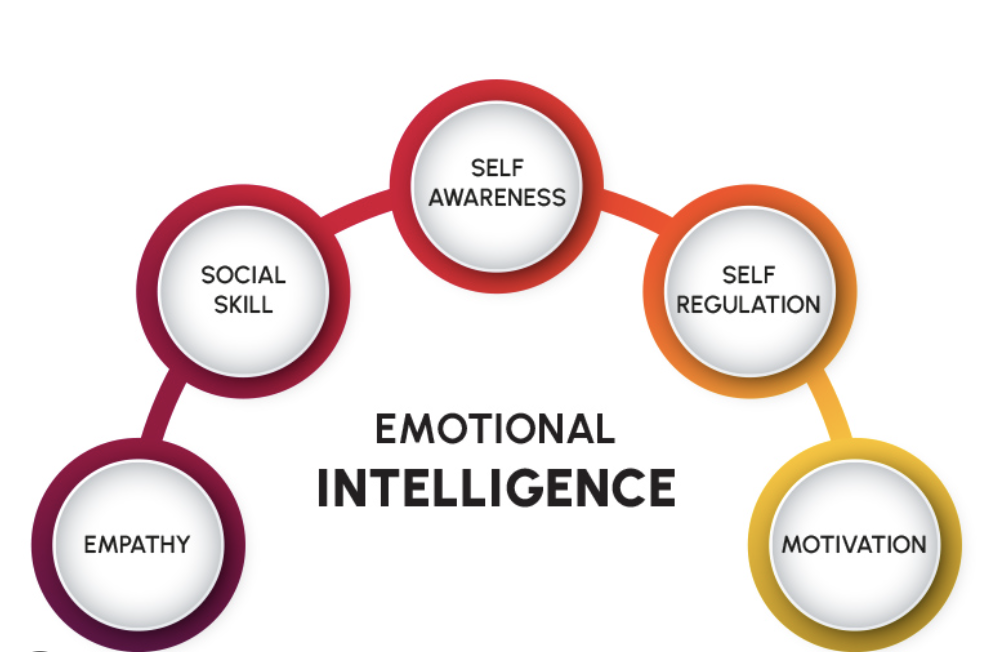MSP Sales Strategy: Becoming a Trusted Advisor in 2025 | Complete Guide

Transforming Your MSP Sales Approach: From Tech Provider to Trusted Advisor

Picture this: you're halfway into your presentation, rattling off the latest features and technical specifications, only to notice your prospect distractedly checking their phone. Frustrating, right? If this feels all too familiar, you're not alone. In an industry where nearly half (48%) of MSPs identify competition as their biggest challenge, the traditional, tech-dominated pitch doesn't resonate anymore. Let's face it: selling services has changed.
The Evolution of Modern MSP Sales
Breaking Free from Traditional Constraints
To differentiate in a field growing by at least 12% every year, MSPs must rethink not only what they sell, but how they sell it.
Embracing the Trusted Advisor Mindset
The path forward lies in becoming more than a vendor. By adopting a trusted advisor role, MSPs can address client challenges holistically, discussing pain points before diving into solutions. Think of your role not as pitching products but as crafting bridges between client needs and your expertise.
Navigating the MSP Market: Emerging Trends and Growth Strategies

The MSP landscape is evolving rapidly, bringing both opportunities and new challenges. By 2024, managed services are expected to account for 44% of MSP revenue. However, with nearly half (48%) of providers naming competition as their primary hurdle, the need for differentiation has never been greater.
New Frontiers in MSP Solutions: AI and Security
Modern MSP clients demand more tailored services, and staying relevant means addressing key priorities. For 98% of providers, improving cybersecurity measures is non-negotiable, while 90% recognize the need for AI-driven enhancements in efficiency and automation (Datto). Including AI tools not only optimizes service delivery but also helps craft data-driven, pain point-oriented strategies for potential clients.
Differentiating Through Consultative Sales
Retooling sales strategies is vital in today's service-led economy. Adopting a consultative model means connecting on client pain points before suggesting solutions or discussing pricing. Picture the impact of a strategy session identifying gaps in cybersecurity, followed by a roadmap built on measurable trust—this exemplifies the role of an MSP as a true partner, not just a vendor.
Read more about Evolving MSP Sales Strategies
Building Your Consultative Sales Foundation
The shift from reactive service delivery to proactive, consultative selling is reshaping how MSPs operate. Today, 59% of MSP businesses are moving from a break-fix model to managed services. This opens a massive opportunity—but capturing it requires more than technical expertise. When engaging clients, it's about addressing strategic needs rather than rattling off product specs. Would you rather sell a server or solve a business owner's sleepless nights over security concerns?
The Case for Pre-Call Planning
Successful consultative sales require meticulous preparation. Before connecting with a prospect, ensure you:
• Research their industry challenges
• Map their current tech setup and goals
• Identify decision-makers and potential competitive threats
Pre-call preparation adds depth to your conversations, helping you speak directly to what matters most to clients—growing their business while reducing risks.

Discovery Conversations That Build Trust
Humanizing your pitch starts with thought-provoking questions like "How does this challenge impact your customer experience?" Listen and reflect back what you hear. A consultative approach isn't about pushing services; it's about meeting their vision for growth head-on.
Read more about the Importance of Pre-call Planning
The Art of Solution Design

Standing out as an MSP in a crowded field goes beyond technology; it's about transforming competencies into measurable results. Picture this: instead of pitching a product, you map out your client's journey toward achieving improved outcomes. With managed services projected to grow by 12% in 2024, differentiation through tailored solutions has never been more crucial.
Supporting Evidence: Delivering Trust and ROI
Data shows that 90% of MSPs recognize AI improvements as essential. Incorporate these advancements to demonstrate client value:
• Build TCO comparisons tailored to specific pain points
• Highlight security measures (prioritized by 98% of providers) that address emerging risks
• Offer ROI reports showing clear monetary benefits
Such tailored planning doesn't just resolve problems—it elevates you to a trusted advisor role.
Engaging Objection Handling
Consultative objection handling opens the door to collaboration. Instead of defensively addressing pushback, ask targeted inquiries like, "What's your top concern about implementing this solution?" Active listening, reinforced with examples like client success stories, connects outcomes to broader goals.
Measurable Milestones
Trust gains traction when results are visible. Co-create a "success blueprint" with your client, identifying upfront metrics like improved efficiency or cost reduction. Picture presenting outcomes in client-tailored reports, strengthening your reputation as an outcomes-driven partner.
Read more about Effective Objection Handling
Measuring Success and Building Momentum
Picture this: your MSP's dashboard illuminates with actionable insights—expanding stakeholder engagement, improving satisfaction levels, and rising contract values. By leveraging tools like satisfaction scores and revenue trajectories, you can unlock growth opportunities in line with the industry's projected 12% annual expansion.
Track these core performance indicators:
• Client Engagement: Stakeholder participation and meeting cadence
• Satisfaction Metrics: NPS trends and qualitative quarterly reviews
• Revenue Growth: Increase in service adoption and client retention
Implementation requires action:
• Foster team expertise through workshops or role-play
• Create 90-day operational roadmaps to guide measurable progress
• Use metrics to position renewals with greater clarity
Ready to transform your approach? Explore:
• Discovery Question Templates
Final Thoughts: Action Speaks Louder
To achieve sustainable success, remember: what gets measured improves. With the right tools, customized KPIs, and client-focused strategies, your MSP can exceed expectations.















.png)



.jpeg)


.jpg)
.jpg)

.jpg)



























